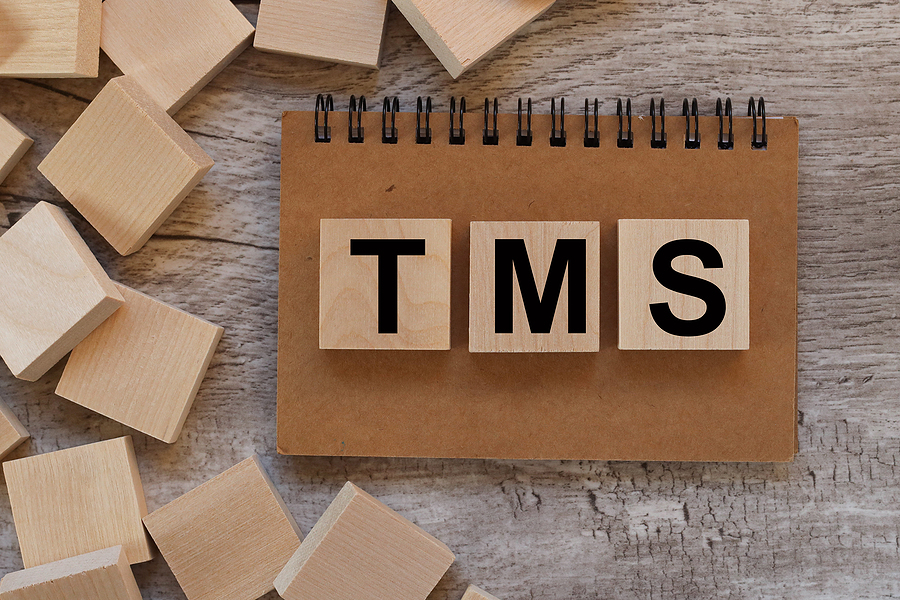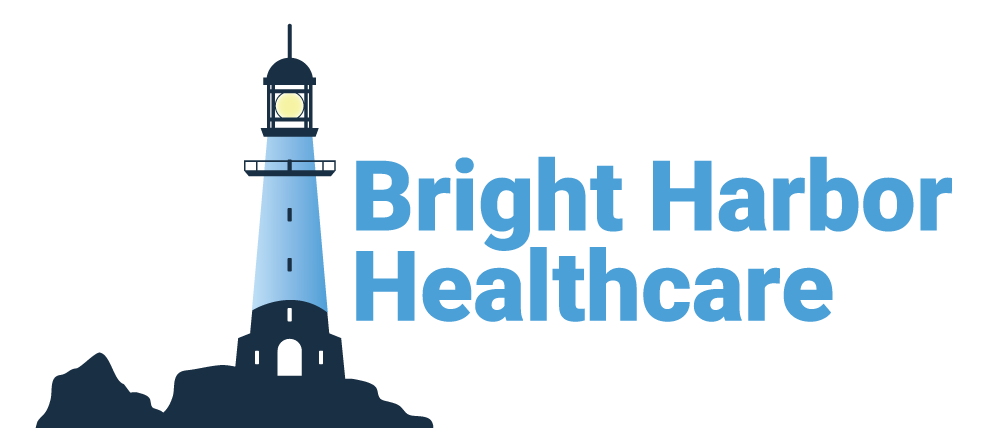Depression has been on the rise in US adults since the start of the pandemic. Data tells us that depression rates among adults tripled in early 2020. In 2021, it was estimated that 1 in 3 adults in America was impacted by depression. In fact, major depression has increased by 28% in adults. Unfortunately, this is not a surprise. You may be reading this and worrying that effective treatment for depression may not be available locally as more and more individuals seek treatment. Don’t worry, we will disclose additional treatment options for depression later in this post. But first, it’s important to understand that adults aren’t the only ones affected by the rise of depression.

Depressed Youth
America’s youth have been significantly impacted by all the changes, stressors, and limitations they’ve faced over the past two years. In 2020, 13% of teens aged 12 to 17 said they suffered from at least one major depressive episode in that year. When childhood depression is left untreated, there is an increased likelihood that it will continue into adulthood.
Depression is marked by feelings of sadness or depressed mood for most of the day – every day – lasting two or more weeks. People experiencing depression may have trouble sleeping or sleep too much. They may lose interest in activities they previously enjoyed or feel lethargic, fatigued, hopeless, helpless, and worthless.
When there is a change in your functioning, for example, your ability to live, laugh, or love, it might be time to speak with a professional about depression. We promise effective treatment for depression is available.
Why is Depression on the Rise?
It’s easy to blame the rise in depression on the pandemic. However, there are a lot of different factors wrapped up in that. Each separate impact of the pandemic affects people differently. Globally, every human being faced changes, stressors, and fears. Our normal way of going about life suddenly came to a screeching halt. Individuals were either facing the loss of their job or the fact that their job was putting them at risk of getting the virus. Americans were trying to juggle working from home while ensuring their children were logging in to school for class.
Suddenly, most Americans were home together in ways that hadn’t been before. Many Americans were reporting to work every day, with increased demands and stress coupled with concerns about contracting the virus and bringing it home to their families. Americans experienced severe illness and loss of loved ones.
The New Normal?
Americans were separated from their way of life as they knew it with no adjustment period. It was sudden. We were inundated with media and news stories about this life-threatening virus while other social climate events were taking place. It seemed as though everywhere we turned, there was no peace or security from the stress we were experiencing.
Prolonged stress, fear about the world around us, and these sudden changes to our daily routines impact everyone’s mental health. Anxiety and depression skyrocketed as a result. Additionally, the majority of our coping mechanisms for stress were also removed or significantly limited. Gyms were closed, restaurants and bars where we could meet friends closed their doors, having friends and family over became a health risk, and seeing smiles beneath a mask became impossible. Clearly, the pandemic took a toll on us.
Effective Treatment for Depression
To lighten the load, many treatment modalities for depression have become available, even virtually, in response to the pandemic.
Talk Therapy
Talk therapy or counseling is often one of the first treatments tried to help alleviate depression. It’s an effective treatment for depression and may be used as a stand-alone treatment or combined with medication.
Talk therapy occurs when a person experiencing depression works one on one with an appropriately licensed therapist. During therapy, the patient and therapist work together to identify the impact of the depression on the person’s life and seek out patterns in behavior and cognitive systems that may be contributing to the depression. The patient and the therapist will set goals for treatment together and review progress regularly.
Medication
Medication can be very beneficial for people experiencing depression. Often it is our brain chemistry that is causing or contributing to feelings of depression. There are several different kinds of medication for depression and your doctor will work with you to determine which line of medication may provide the best relief.
Antidepressant medications typically take up to 6 weeks to begin providing symptom relief, with full benefits not achieved until about 3 months. Doctors may change medication doses as needed. It is important for patients to keep track of their depression symptoms and any improvement they are feeling to help the doctor know what changes in medication to make.
Electroconvulsive Therapy
Electroconvulsive therapy, or ECT, is a therapy treatment that is typically used as a last resort for patients with Major Depressive Disorder who have not experienced an effective treatment for depression up to that point. During ECT, a brief electrical stimulation is administered to the brain while the patient is sedated. Typically, ECT treatments are administered several times a week over the course of a few weeks.
With that said, ETC sounds a bit scary, doesn’t it?

TMS Therapy May Be The Best Option For You
With the significant increase in depression, there has been a significant increase in demand for therapists and mental health services. The unfortunate reality has become that therapists and treatment providers may not be readily available. Many practitioners have waitlists now. However, it might be helpful to know about another effective treatment for depression: TMS, or transcranial magnetic stimulation.
If you can answer yes to the following questions, TMS Therapy may be the right treatment for you:
- Have you tried two or more antidepressant medications or found the side effects intolerable?
- Are you still experiencing impairment/symptoms of depression?
- Has a medical professional diagnosed you with Depression or Major Depressive Disorder?
- Are you age 18 years or older?
Currently, Bright Harbor Healthcare has no waitlist for TMS Therapy. If you find yourself in need of an effective treatment for depression and answered yes to the questions above, TMS Therapy may be the treatment you’ve been waiting for.
What is TMS Therapy?
TMS therapy is not ECT! TMS therapy does not require sedation; patients drive themselves to and from their appointments and resume normal daily activities following treatment.
During TMS Therapy, short magnetic pulses are used to stimulate nerve cells in the brain. A specific part of the brain is targeted with magnets that are responsible for emotional judgment and mood regulation. During the TMS therapy session, patients typically watch TV, relax, or engage in conversation with the trained clinician.
TMS therapy is FDA approved and covered by most major insurances. Best of all, it’s non-invasive! TMS does not involve surgery, anesthesia, or sedation of any kind. Patients resume their normal routine following treatment sessions.
Are You Ready to Give TMS a Try?
If you find yourself looking for an effective treatment for depression but are facing a waitlist for a provider, check out Bright Harbor Healthcare’s TMS Therapy program. Our professionals are eager to provide you with long-lasting relief thanks to TMS therapy. If you have questions or are looking for resources for depressed youth, our clinicians are only a call away. Reach out to Bright Harbor Healthcare today or visit https://brightharbor.org/tms/ to learn more.

